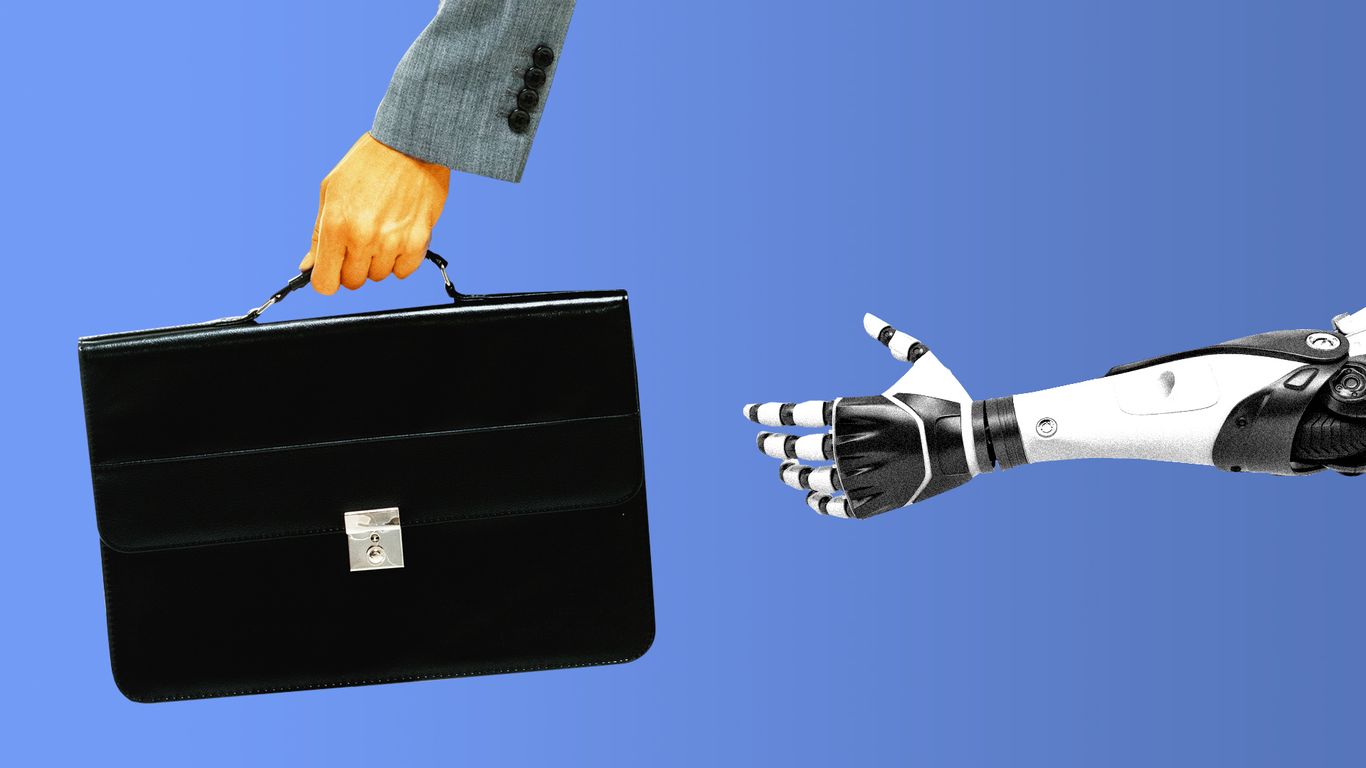
"If demand for workers plunges because companies are able to replace employees with artificial intelligence, the Fed would likely try to cut interest rates and otherwise offer monetary stimulus to achieve "maximum employment," as Congress directs it to. It helps that this state of the world probably coincides with downward pressure on inflation, thanks to robust productivity growth implied by an AI-pocalypse."
"State of play: If some of the more aggressive forecasts of technologists come true, and AI supplants millions of human workers in the coming years, it would imply a period of rapid GDP growth, but elevated unemployment and diminished job prospects. At first glance, that might create a quandary for monetary policy makers. Central banks don't usually pull out their monetary stimulus guns when growth is robust. But not if you look at the words of the Federal Reserve Act and officials themselves."
If artificial intelligence displaces large numbers of workers, central bankers would likely cut interest rates and provide monetary stimulus to try to achieve maximum employment as mandated by Congress. Such an outcome could also produce downward pressure on inflation due to rapid productivity growth from AI. Rapid GDP growth could therefore coexist with elevated unemployment and poor job prospects. The Fed's dual mandate prioritizes price stability and maximum employment rather than GDP growth. Historical episodes in the early 2000s and 2010s show that interest-rate policy has limited power to generate job creation. Monetary policy can, however, speed labor reallocation after large shocks.
Read at Axios
Unable to calculate read time
Collection
[
|
...
]